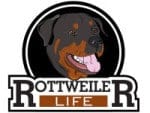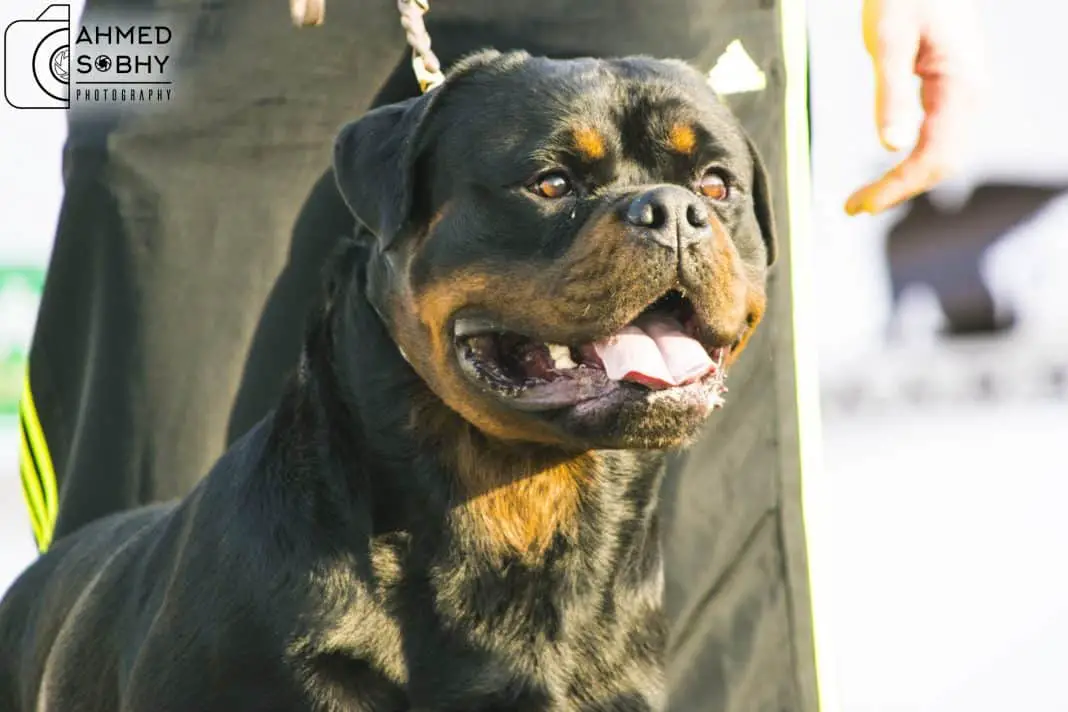Your rottweiler is your best friend, for better or worse. When he chews up a box of facial tissues, all you can do is laugh. When he snuggles into the crook of your back at night, you can feel loved. To pay him back for the joy he brings you, read this article and learn all you can.
Owning a rottweiler takes a bit of money. Every rottweiler requires good quality food, general supplies and medical care; this can range in cost from $700 to $1000 per year. Also, should an emergency arise, this can cost thousands so you might consider pet health insurance.
Your pet needs vaccinations, much in the same way that your baby does. Some common vaccinations that rottweilers require include rabies, hepatitis and distemper. Each pet is different, and each will have a different immunization schedule. Your veterinarian is a great resource when it comes to which vaccinations are right for the age and breed of your pet.
Bones
Don’t ever give your rottweiler bones. Giving them actual bones may cause them to fall apart and become lodged in the digestive tract or oral cavity of your rottweiler. Rawhide is a healthy alternative and will help keep your rottweiler’s teeth clean as he satisfies his need to chew.
Give your rottweiler rawhide instead of real meat bones. Bones can fall apart and become lodged between teeth or digestive system. Studies have shown that rawhide bones are good for your rottweiler’s health and their teeth. Don’t give in and let your rottweiler gnaw on real bones. Stick to rawhide.
Are you aware that vitamins can harm your rottweiler? Your rottweiler should not need vitamins in addition to eating right. Certain vitamins can be overdosed and result in damaged joints, bones and blood vessels. Before you begin giving your rottweiler any vitamins or supplements, make sure that you check with your vet first.
If you have a rottweiler that constantly chews, get him raw hide bones or toys. The satisfaction they provide are designed to direct his instincts away from household possessions and provide a health outlet for your rottweiler. You can find these rottweiler toys at supermarkets or a local pet store.
Hair
You may be tempted to use your favorite hair shampoo on your rottweiler, but this should not be done. Human shampoo can cause rottweiler skin to dry out. Instead, find a quality shampoo that is made for rottweilers. When you bath your rottweiler, make sure to rinse all of the residue out of his fur.
If your rottweiler has long hair, make sure to take the time to trim the fur around his feet. If you allow your dog’s hair to grow too long, they can get things stuck in their fur. This could lead to injuries between the pads of the feet and around the nails.
Brush your rottweiler often, even if he’s got short hair. It’s good for his coat and skin and can alert you of possible issues like fleas, tics and eczema. The rottweiler will also enjoy the attention and brushing him regularly will keep more of his fur from flying around the house and landing on your furniture and carpets.
Teeth
Your rottweiler has teeth just like you, so it makes sense that he needs proper dental care. Invest in a rottweiler toothbrush and brush his teeth often. Simply allowing the vet to do it at his regular checkups is not enough. You can also purchase treats that are specifically meant to help with your pet’s teeth.
Brushing your rottweiler’s teeth is important, but it is not easy. If your rottweiler is resisting, once a day simply lift their lips and use your finger to rub their teeth lightly. Do it quickly at first, and then begin to draw out the time you spend performing this action. This will help them get use to the process. After that, you can begin using an actual brush and toothpaste.
Ears
It is very important for you to keep your rottweiler’s ears clean. Keeping the inside of the ears clean will help prevent infections of the ear. This is also a good time for you to inspect the ear for fleas, ticks and any other pests that could have made your rottweiler’s ear home.
If your rottweiler has been playing outside, take the time to inspect its ears and neck for ticks. These parasites are very common and could make your rottweiler sick if you do not take action right away. Take your rottweiler to the vet if you do not know how to remove the ticks yourself.
Before you head out for a day of fun in the sun with your rottweiler, dab a little sunblock on him! rottweilers can get very serious burns on their noses and the inside of their ears, so include him in your sun-protection regimen. Just make sure there’s no zinc or PABA in the product you use.
If you do not have any ear cleaner solution on hand, you can use a baby wipe instead. Simply wrap it around the tip of your finger and wipe the inside of the ear’s surface. Only go as far as your finger can easily fit. Do not use Q-tips as they can injure the ear.
Check you rottweiler for parasites and take preventative measure. Flea and tick collars are important. Keep in mind certain collar work better in different seasons and geographic areas. In addition, check your rottweiler’s ears. Ear mites are common. Also, check the rottweiler’s stool to ensure he hasn’t picked up worms in his digestive system.
While humans may judge us, a rottweiler never will. He will continually love you, even when you neglect his best interests. That said, you have read this article because you never wish to do anything which harms him, so use these tips every day and make his life as joyous as he makes yours.



